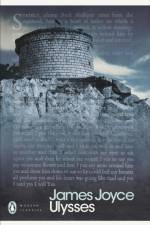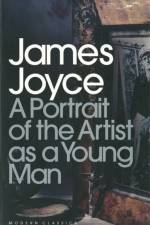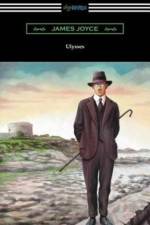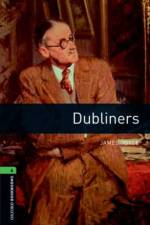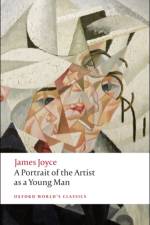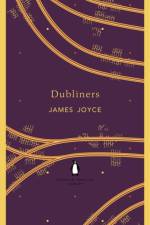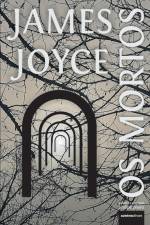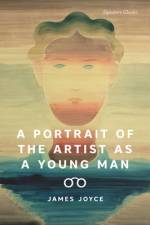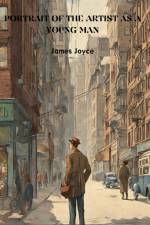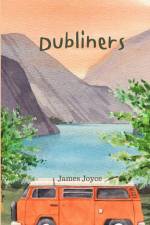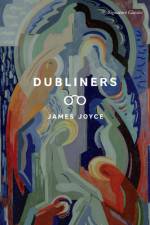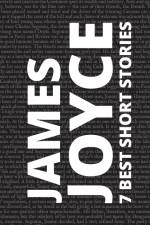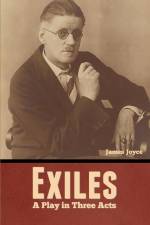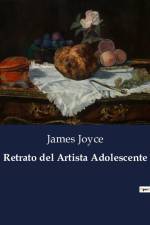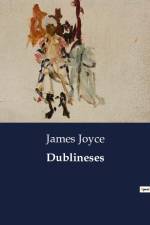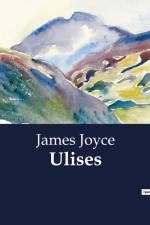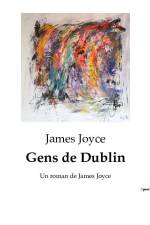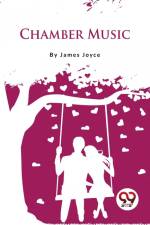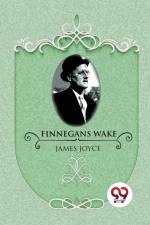von James Joyce
24,00 €
ContentsIn Praise of UnicornsAn American Composer: The Passing of Edward MacDowellRemy de Gourmont: His Ideas. The Colour of His MindArtzibashefA Note on Henry JamesGeorge SandThe Great American NovelThe Case of Paul CézanneBrahmsodyThe Opinions of J.-K. HuysmansStyle and Rhythm in English ProseThe Queerest Yarn in the WorldOn Rereading MallockThe Lost MasterThe Grand Manner in Pianoforte PlayingJames JoyceCreative InvolutionFour Dimensional VistasO. W.A Synthesis of the Seven ArtsThe Classic ChopinLittle Mirrors of SincerityThe Reformation of George MoorePillowlandCross-Currents in Modern French LiteratureMore About Richard WagnerMy First Musical AdventureViolinists Now and YesteryearRiding the WhirlwindPrayers for the LivingAbout the author: James Augustine Aloysius Joyce (2 February 1882 - 13 January 1941) was an Irish novelist, poet, and literary critic. He contributed to the modernist avant-garde movement and is regarded as one of the most influential and important writers of the 20th century. Joyce's novel Ulysses (1922) is a landmark in which the episodes of Homer's Odyssey are paralleled in a variety of literary styles, particularly stream of consciousness. Other well-known works are the short-story collection Dubliners (1914), and the novels A Portrait of the Artist as a Young Man (1916) and Finnegans Wake (1939). His other writings include three books of poetry, a play, letters, and occasional journalism.Joyce was born in Dublin into a middle-class family. He attended the Jesuit Clongowes Wood College in County Kildare, then, briefly, the Christian Brothers-run O'Connell School. Despite the chaotic family life imposed by his father's unpredictable finances, he excelled at the Jesuit Belvedere College and graduated from University College Dublin in 1902. In 1904, he met his future wife, Nora Barnacle, and they moved to mainland Europe. He briefly worked in Pula and then moved to Trieste in Austria-Hungary, working as an English instructor. Except for an eight-month stay in Rome working as a correspondence clerk and three visits to Dublin, Joyce resided there until 1915. In Trieste, he published his book of poems Chamber Music and his short story collection Dubliners, and he began serially publishing A Portrait of the Artist as a Young Man in the English magazine The Egoist. During most of World War I, Joyce lived in Zürich, Switzerland, and worked on Ulysses. After the war, he briefly returned to Trieste and then moved to Paris in 1920, which became his primary residence until 1940.Joyce's work still has a profound influence on contemporary culture. Ulysses is a model for fiction writers, particularly its explorations in the power of language. Its emphasis on the details of everyday life have opened up new possibilities of expression for authors, painters and film-makers. It retains its prestige among readers, often ranking high on 'Great Book' lists. Joyce's innovations extend beyond English literature: his writing has been an inspiration for Latin American writers, and Finnegans Wake has become one of the key texts for French post-structuralism. It also provided the name for the quark, one of the elementary particles proposed by physicist Murray Gell-Mann.The open-ended form of Joyce's novels keep them open to constant reinterpretation. They inspire an increasingly global community of literary critics. Joyce studies-based on a relatively small canon of three novels, a small short story collection, one play, and two small books of poems-have generated over 15,000 articles, monographs, theses, translations, and editions. (wikipedia.org)

